Pipeline Overview
Leveraging its platform technology, Oxysterol Therapeutics®, MAX BioPharma continues to identify semi-synthetic oxysterol analogues with potential as drug candidates for treating several debilitating and fatal disorders. These oxysterols target cellular mechanisms that are drivers of human disease. Our oxysterol candidates were handpicked for superior efficacy and favorable drug-like pharmacokinetic and safety profiles. Two candidates are currently our main focus: Oxy133, a potent osteoinductive oxysterol being developed as a device (OxyFuse-133®) for stimulation of bone formation in spine fusion procedures, and Oxy210, a drug-like oxysterol with robust anti-fibrotic and anti-inflammatory properties, that is being developed for inhibition of non-alcoholic steatohepatitis (NASH) and atherosclerosis. Other opportunities lie with oxysterol-based molecules that display anti-inflammatory, anti-cancer and anti-viral properties.
Primary Focus
Other Opportunities
Other Fibrotic Disorders
Lung & Kidney Fibrosis
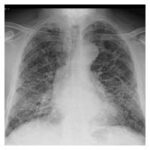

Other Fibrotic Disorders
Oxy210 shows promise in cellular models of lung and kidney fibrosis. Through collaborations with outside expert scientists, we are examining the potential of Oxy210 for treating other fibrosis disorders, including idiopathic pulmonary fibrosis (IPF).
Chronic Inflammation
Inflammaging , Obesity


Chronic Inflammation
Chronic inflammation is an underlying driver of many human diseases, including cardiovascular disease, non-alcoholic steatohepatitis (NASH), psoriasis, arthritis, cystic fibrosis, and others. With increasing age, low grade inflammation in many tissues and organs may become chronic and non-resolving, a problem sometimes referred to as “inflammaging”. Anti-inflammatory oxysterols may be a solution to this problem.
Cardiovascular Disease
Atherosclerosis
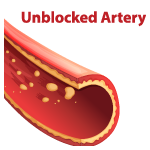

Atherosclerosis
Oxy210, an orally bioavailable oxysterol-based drug candidate that inhibits liver inflammation and fibrosis, also inhibits atherosclerosis. In addition, Oxy210 significantly lowers circulating cholesterol levels.
Oncology
Pancreatic & Lung Cancer
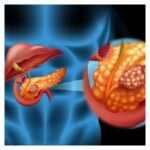
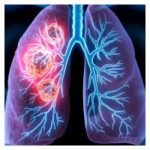
Oncology
Some of our oxysterol-drug candidates show promise in targeting lung and pancreatic cancer. Through collaborations with outside expert scientists, we are examining the potential of these oxysterols for targeting lung and pancreatic cancer.
Orthopedic
Bone repair, Fracture Healing
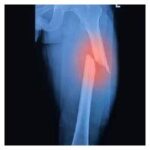
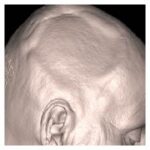
Orthopedic
Oxy133 could provide a safe and effective alternative to bone graft materials currently in use to improve bone fracture healing and regenerate bone in trauma-induced bone defects.
Viral Diseases
Covid- 19 & HBV

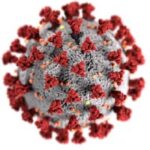
Viral Diseases
Oxysterols are known to affect viral infections, including hepatitis B virus (HBV) and coronaviruses, such as SARS-CoV-2. Through collaborations with outside expert scientists, we strive to demonstrate the potential of these oxysterols for the treatment of viral diseases.
